
Roy S. Herbst, MD, PhD, discusses findings from the overall survival analysis of the phase 3 ADAURA trial of adjuvant osimertinib in patients with stage IB to IIIA resected non–small cell lung cancer harboring EGFR mutations.

Your AI-Trained Oncology Knowledge Connection!


Roy S. Herbst, MD, PhD, discusses findings from the overall survival analysis of the phase 3 ADAURA trial of adjuvant osimertinib in patients with stage IB to IIIA resected non–small cell lung cancer harboring EGFR mutations.

Treatment with adjuvant osimertinib produced a statistically significant and clinically meaningful improvement in overall survival compared with placebo in patients with resected, EGFR-mutated, stage IB to IIIA non–small cell lung cancer.

Amer Zeidan, MBBS, discusses topline efficacy findings from the IMerge trial of imetelstat in patients with transfusion-dependent lower-risk myelodysplastic syndrome.

Henry S. Park, MD, MPH, discusses the importance of considering radiation therapy in patients with non–small cell lung cancer and how this therapeutic approach can work in concert with targeted therapy and other systemic therapies.
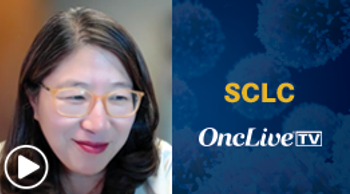
Anne Chiang, MD, PhD, discusses treatment options for patients with extensive-stage small cell lung cancer.

Sarah Goldberg, MD, MPH, discusses ongoing investigations with antibody-drug conjugates and bispecific antibodies in patients with non–small cell lung cancer harboring EGFR mutations.
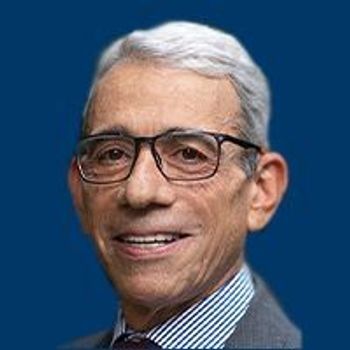
Yale Cancer Center and Smilow Cancer Hospital scientists and clinicians will present new research at the 2023 Annual Meeting of the American Society of Clinical Oncology, June 2nd to June 6th at McCormick Place in Chicago, Illinois.
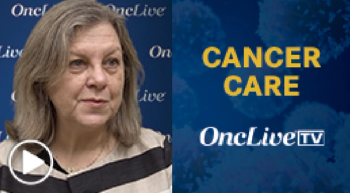
Barbara Burtness, MD, discusses preclinical data on the combination of VIC1911 and adavosertib in head and neck squamous cell carcinoma and lung cancer.
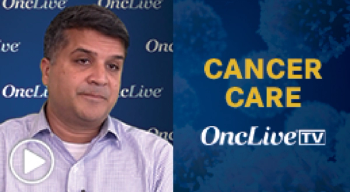
Ranjit S. Bindra, MD, PhD, discusses a new class of DNA modifiers which selectively target tumor DNA with the goal of overcoming resistance mechanisms across multiple types of cancer.
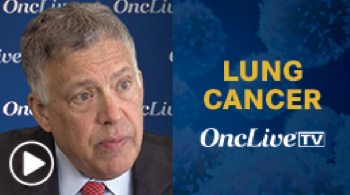
Roy S. Herbst, MD, PhD, discusses the implications of the phase 3 AEGEAN trial in patients with resectable non–small cell lung cancer.
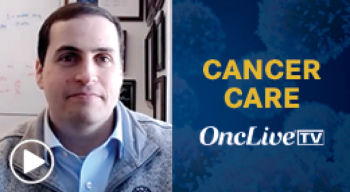
David A. Braun, MD, PhD, discusses the rationale for evaluating frontline nivolumab and salvage nivolumab plus ipilimumab in patients with advanced renal cell carcinoma in the phase 2 HCRN GU16-260 trial.
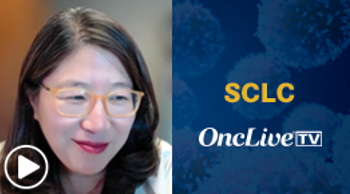
Anne Chiang, MD, PhD, discusses recent advancements in the biological understanding and treatment of small cell lung cancer.

David Rimm, MD, PhD, discusses both the use and advantages of utilizing multiplex spatial proteomic profiling in breast cancer.
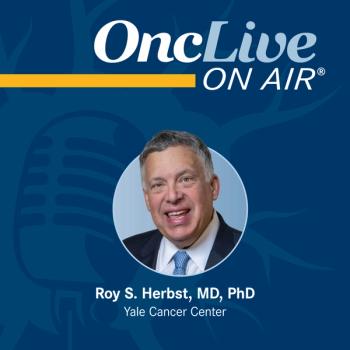
Dr Herbst discusses the FDA approval of adjuvant pembrolizumab in non–small cell lung cancer, key efficacy and safety data from the KEYNOTE-091 trial, and future research efforts that may further improve outcomes in this population.

Osimertinib produced a statistically significant and clinically meaningful improvement in overall survival compared with placebo as adjuvant treatment for patients with stage IB, II, or IIIA, EGFR-mutated non–small cell lung cancer after complete tumor resection with curative intent.
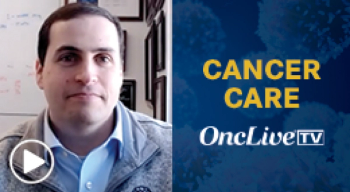
David A. Braun, MD, PhD, discusses the enrichment of SLAMF7-positive, CD8-positive T-cells and their role on nivolumab resistance in clear cell and non–clear cell renal cell carcinoma.
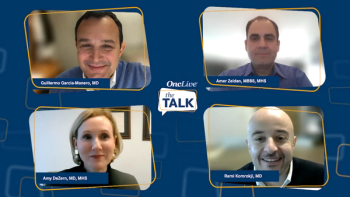
Expert hematologic oncologists discuss updates from the ASH 2022 Annual Meeting on emerging therapies for lower-risk MDS.

Following the ASH 2022 Annual Meeting, experts in hematologic oncology review updated data for luspatercept in lower-risk MDS.

Hematologic oncology experts give an overview of first- and second-line treatment options for lower-risk myelodysplastic syndromes.
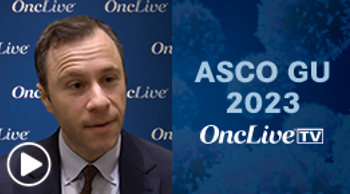
Michael S. Leapman, MD, MHS, discusses key factors that influence patient experiences with biopsy-based genomic testing during active surveillance for prostate cancer, and how to best address them in clinical practice.
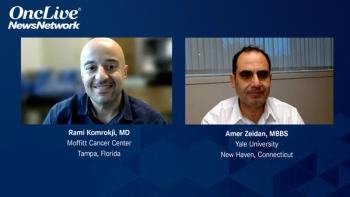
Amer Zeidan, MBBS, and Rami Komrokji, MD, offer closing remarks on recent advances in MF and MDS, and look towards the future of treatment.

Vaagn Andikyan, MD, discusses the utilization of hyperthermic intraperitoneal chemotherapy in patients with stage III epithelial ovarian cancer.

Roy S. Herbst, MD, PhD, discussed the data that supported the FDA approval of adjuvant pembrolizumab in patients with non–small cell lung cancer, highlighted the implications of the approval for the paradigm, and outlined further research opportunities.

Age-based heuristics can lead to large differences in breast cancer treatment based on small differences in chronologic age, according to a new analysis of more than 500,000 patient records.
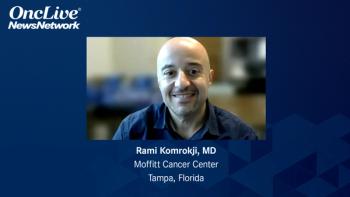
Dr Komrokji summarizes the remaining unmet needs in the treatment of MF, including suboptimal responses to JAK2 inhibitors, and comments on data from ongoing trials that may address these needs.

A comprehensive review of the treatment landscape for myelofibrosis (MF) and recent ASCO and ASH data updates on JAK2 inhibitors.

Henry S. Park, MD, MPH, discusses key considerations when selecting an optimal treatment approach for patients with stage II and III non–small cell lung cancer.
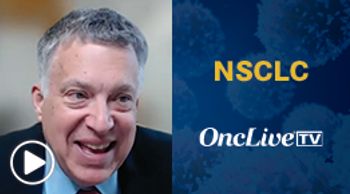
Roy S. Herbst, MD, PhD, discusses the significance of the FDA approval of adjuvant pembrolizumab in patients with non–small cell lung cancer.

Experts in hematology take a detailed look at new data on investigational therapies for higher-risk MDS, including the STIMULUS-MDS1 trial on sabatolimab.
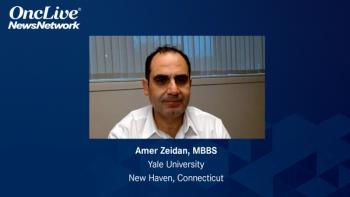
Amer Zeidan, MBBS, and Rami Komrokji, MD, discuss trial updates on oral hypomethylating agents, including data on dosing, for treatment of lower-risk MDS.